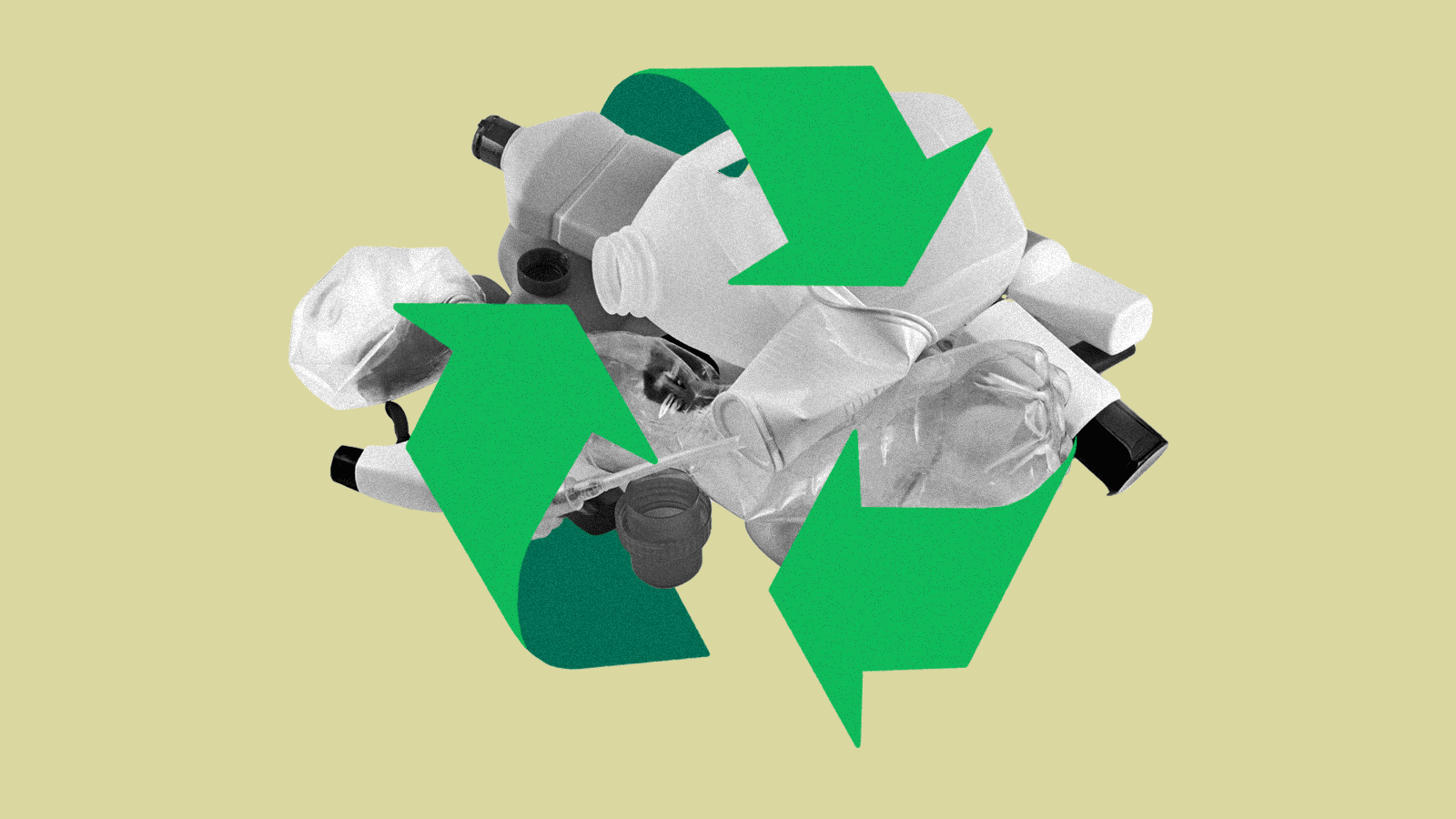Walmart and Reynolds Consumer Products have agreed to stop selling certain plastic bags in Minnesota for two and a half years, after state Attorney General Keith Ellison alleged in court that the companies falsely marketed the bags as recyclable.
Reynolds produces Hefty brand plastic bags in the 13-gallon and 30-gallon sizes that Ellison was targeting. suitIt was filed in Ramsey County District Court in June 2023. The lawsuit also makes similar claims about 13-, 30-, and 33-gallon bags sold under Walmart’s Great Value brand.
If Walmart or Reynolds resumes selling the bags after the grace period, they will be required to label them as non-recyclable under the agreement. Walmart and Reynolds Reached on August 1st.
The two companies agreed to pay a total of $216,670, including 100 percent of the profits from bag sales, state attorneys’ fees and other monetary relief. press release In Ellison’s office.
“Defendants must establish and implement a legal review process for marketing claims and provide anti-greenwashing training to their marketing teams at least annually.” Settlement Document.
‘Take a sip, come back, repeat’: How this California city is trying to normalize reusable cups
“While we believe these allegations are unfounded, we are pleased to put this matter behind us,” Reynolds said in a written statement. “We remain committed to our sustainability mission of developing innovative products and solutions that simplify everyday life and protect the environment.”
A Walmart spokeswoman declined to comment on the agreement.
“Minnesota residents love clean land, air and water, which is why we have the highest recycling rate in the nation,” Ellison said in a news release.
“I am pleased that Reynolds and Walmart, who have profited from the goodwill of Minnesotans, have agreed to stop marketing their so-called ‘recyclable’ bags to us and to recoup the profits they have made from those bags,” he said. “Other companies that seek to greenwash their products to deceptively market to Minnesotans should now know that I will not hesitate to hold them accountable under the law.”
The Minnesota lawsuit is one of nearly 40 filed since 2015, most of them by citizens or environmental groups targeting the plastics industry, according to New York University School of Law’s Plastics Litigation Tracker.

How to create a ‘zero waste world’? Here’s an idea from the plastics industry.
But in recent days, attorneys general in Connecticut, Minnesota and New York have taken the plastics lawsuits to the next level, giving them significant legal firepower.
The lawsuit comes amid rapidly expanding scientific knowledge detailing how rapidly increasing plastic production and plastic waste are harming the planet and threatening public health.
Plastics are made of thousands of chemicals and were never designed to be recycled. The recycling rate in the United States is estimated to be less than 10%. Bags are one of the hardest items to recycle, and their film-like, loose nature can clog recycling equipment.
Ellison alleged that Walmart and Reynolds’ marketing violated state laws prohibiting false statements in advertising, deceptive environmental marketing, and consumer fraud. The settlement included a clause that said it should not be considered an admission of guilt or violation by the defendants.
The lawsuit claims Ellison showed marketing photos that it said were intended to falsely convince Minnesota residents that the bags were intended for recycling and were recyclable. Some of them were blue, associated with some recycling programs, and included a statement that read, “Intended for use in municipal recycling programs, where applicable,” according to the lawsuit.
The lawsuit claims that certain clear bags were “clear for quick sorting and on-road identification.” Reynolds also prominently displayed the word “RECYCLING” in capital letters on the front label of its Hefty “Recycling” trash bags, and the packaging featured an image of a clear bag filled with plastic and the phrase “HEFTY RECYCLING BAGS ARE PERFECT FOR ALL YOUR RECYCLING NEEDS,” the lawsuit claims.






